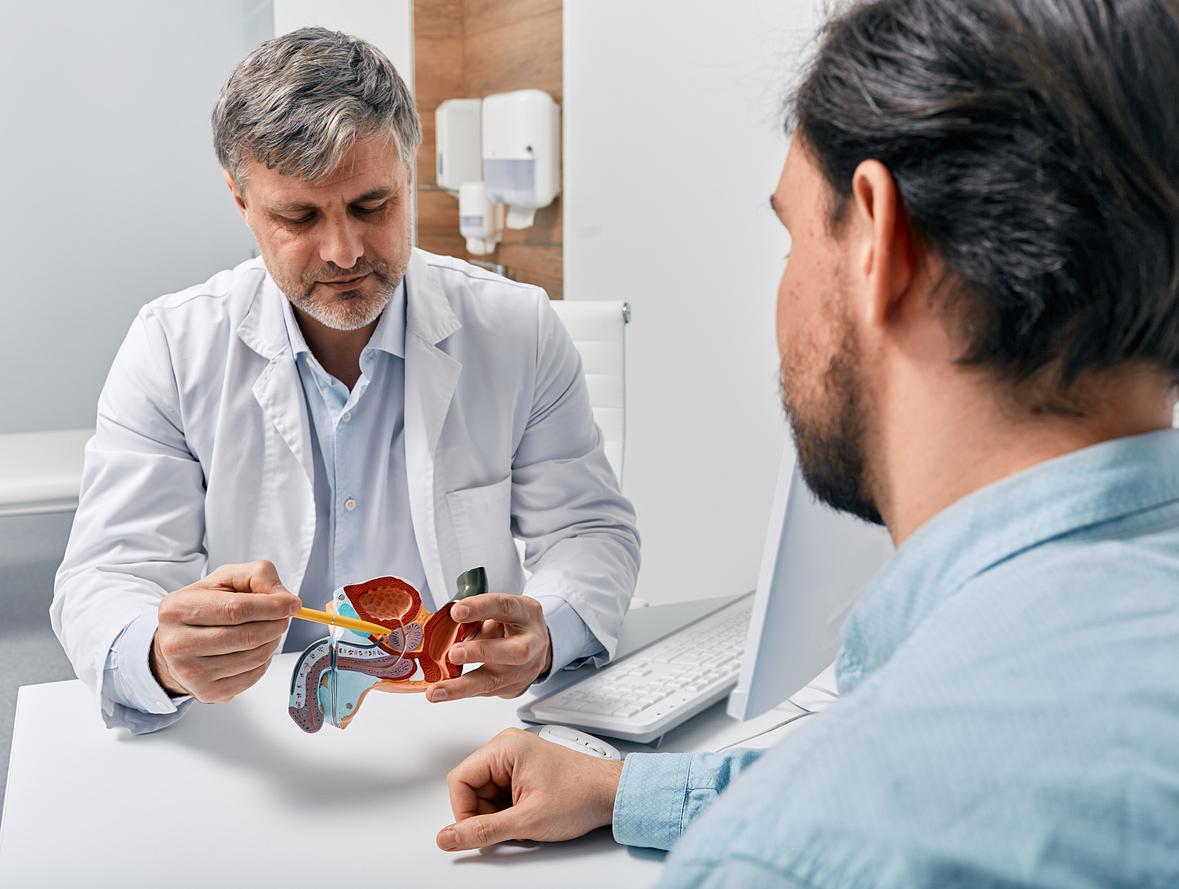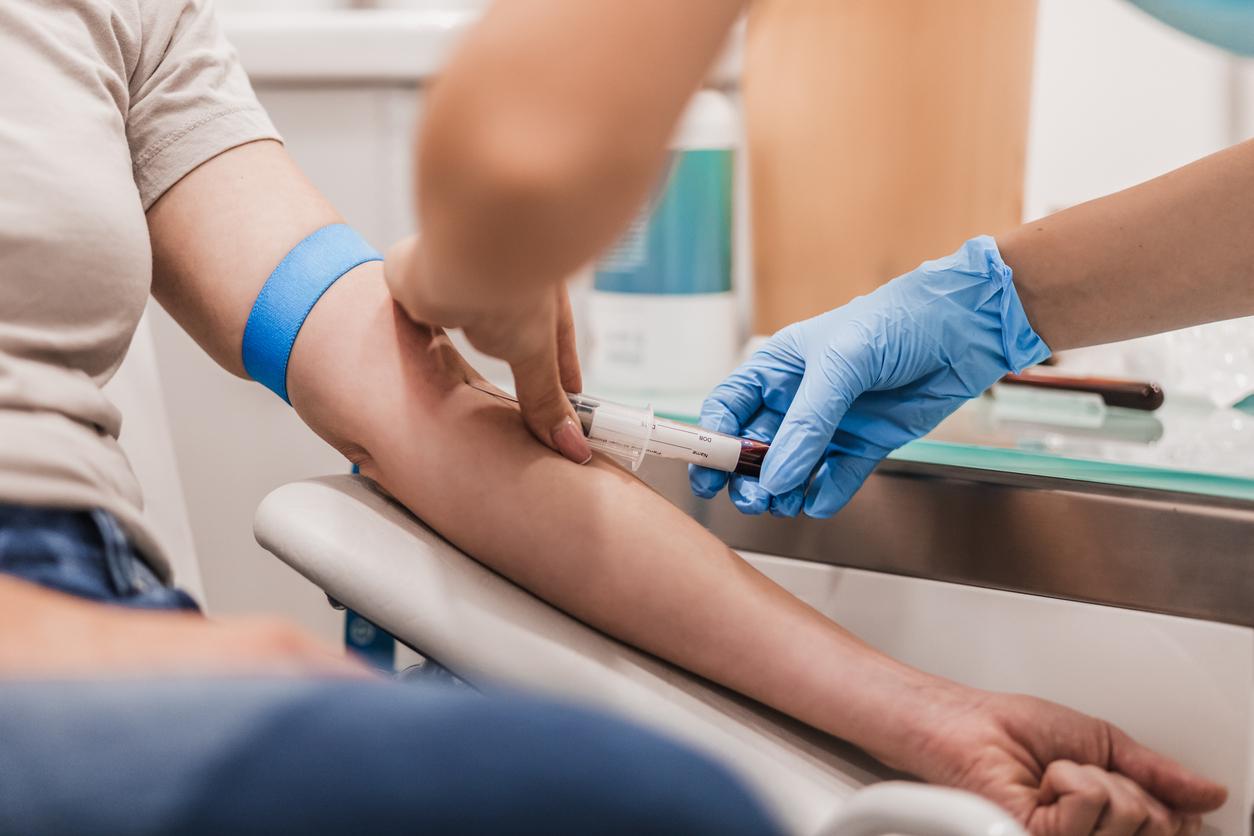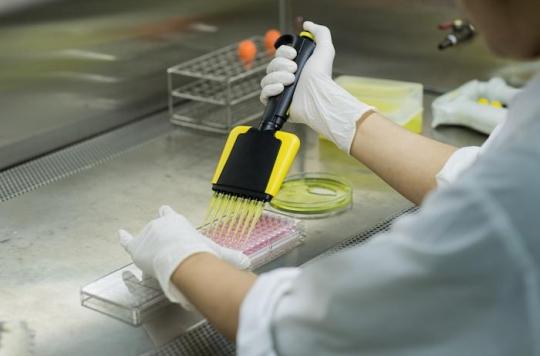5% of adults suffer from disorders of the anal sphere. They would have trouble retaining gas, or even fecal matter. “We’re talking aboutanal incontinence if there is loss of material and gas, andfaecal incontinence if there is a loss of materials only”, explains the French National Society of Coloproctology.
Concretely, to suffer from this type of incontinence is to be unable to retain stools and/or gases, apart from moments of voluntary defecation. “We also distinguish between active and passive incontinence”, explains the association Dare to speak faecal incontinence.
A taboo disorder, which can be treated
The subject (like everything related to the digestive system!) is taboo, patients give up consulting, especially when they get older and think that it is part of the inconveniences of age. However, anal incontinence is not necessarily due to age, it can affect adults and even children. It can be due to a disease, a wound, a nervous disorder, sometimes to a transit problem. She is often multifactorial. It is estimated that more than 80% incontinent patients have several anomalies of anorectal functioning.
But above all, it is treated through various approaches: physiotherapy, surgery, dietetics… which allow people suffering from this handicap to regain their quality of life.
Sources: Association Dare to speak faecal incontinence, French National Society of Coloproctology
Read also:
- Perineum: how to take care of it on a daily basis?
- Urinary leaks: 33% of women concerned are afraid to go out in public























